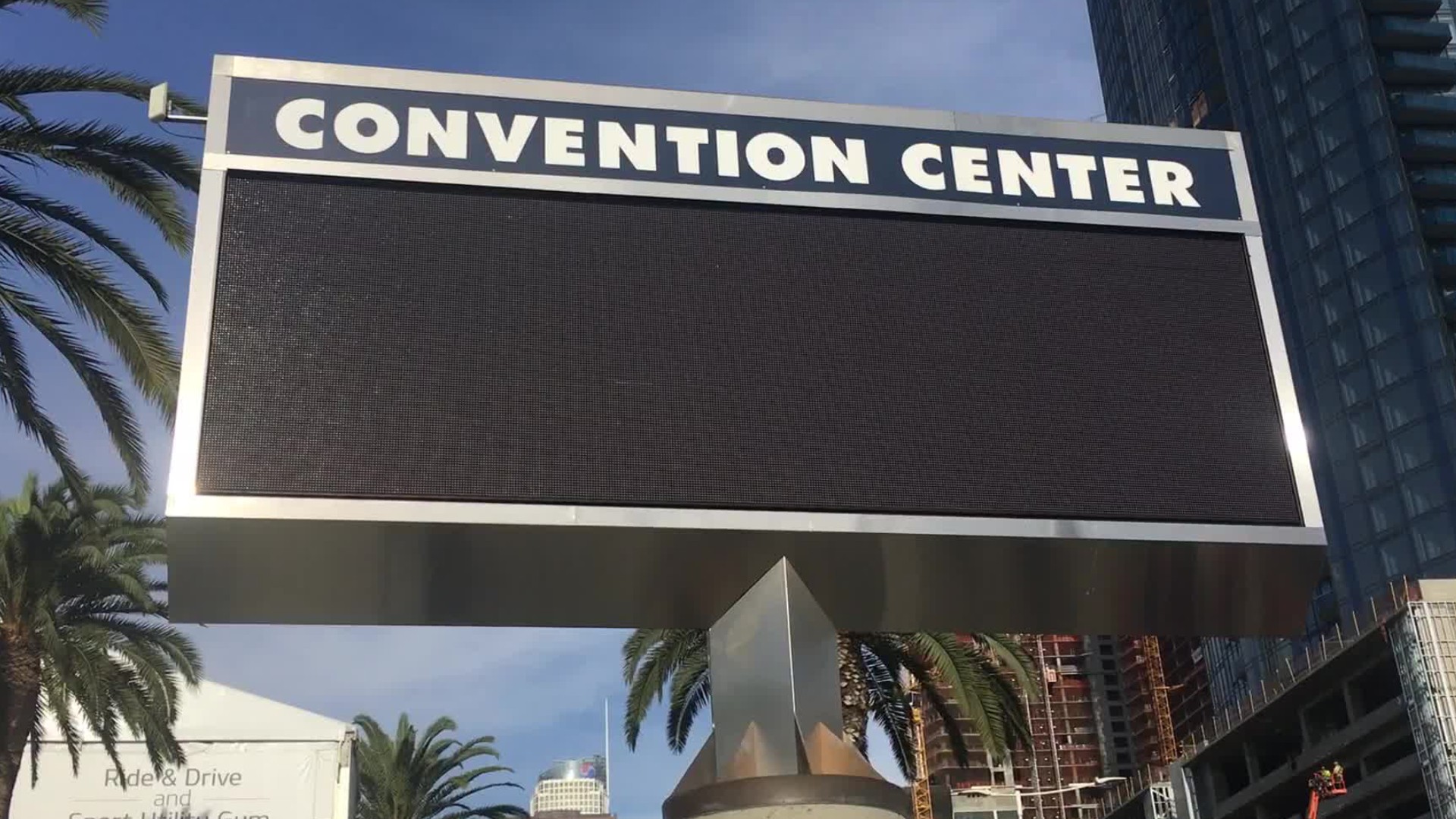Meeting, Convention, & Event Planners
Conference Planning Manager, Conference Services Manager, Convention Services Manager (CSM), Events Manager
What they do:
Coordinate activities of staff, convention personnel, or clients to make arrangements for group meetings, events, or conventions.
On the job, you would:
- Consult with customers to determine objectives and requirements for events, such as meetings, conferences, and conventions.
- Review event bills for accuracy and approve payment.
- Coordinate services for events, such as accommodation and transportation for participants, facilities, catering, signage, displays, special needs requirements, printing and event security.
Knowledge
Business
- customer service
- administrative services
Arts and Humanities
- English language
Communications
- multimedia
Engineering and Technology
- computers and electronics
Skills
Basic Skills
- listening to others, not interrupting, and asking good questions
- reading work related information
Problem Solving
- noticing a problem and figuring out the best way to solve it
Social
- changing what is done based on other people's actions
- looking for ways to help people
Abilities
Verbal
- communicate by speaking
- communicate by writing
Ideas and Logic
- notice when problems happen
- use rules to solve problems
Attention
- pay attention to something without being distracted
- do two or more things at the same time
Personality
People interested in this work like activities that include leading, making decisions, and business.
They do well at jobs that need:
- Adaptability
- Stress Tolerance
- Self-Control
- Social Orientation
- Achievement Orientation
- Cooperation
Technology
You might use software like this on the job:
Project management software
- Microsoft Project
- Oracle Primavera Enterprise Project Portfolio Management
Word processing software
- Google Docs
- Microsoft Word
Data base user interface and query software
- FileMaker Pro
- Microsoft Access
Education
Education: (rated 4 of 5)
bachelor's degree or
some college
usually needed
some college
usually needed
Job Outlook
Bright
New job opportunities are very likely in the future.
Explore More
- Executive Secretaries & Executive Administrative Assistants
- First-Line Supervisors of Entertainment & Recreation Workers
- Fundraisers
- Project Management Specialists
- Public Relations Specialists
You might like a career in one of these industries:
See more details at O*NET OnLine about Meeting, Convention, & Event Planners.






